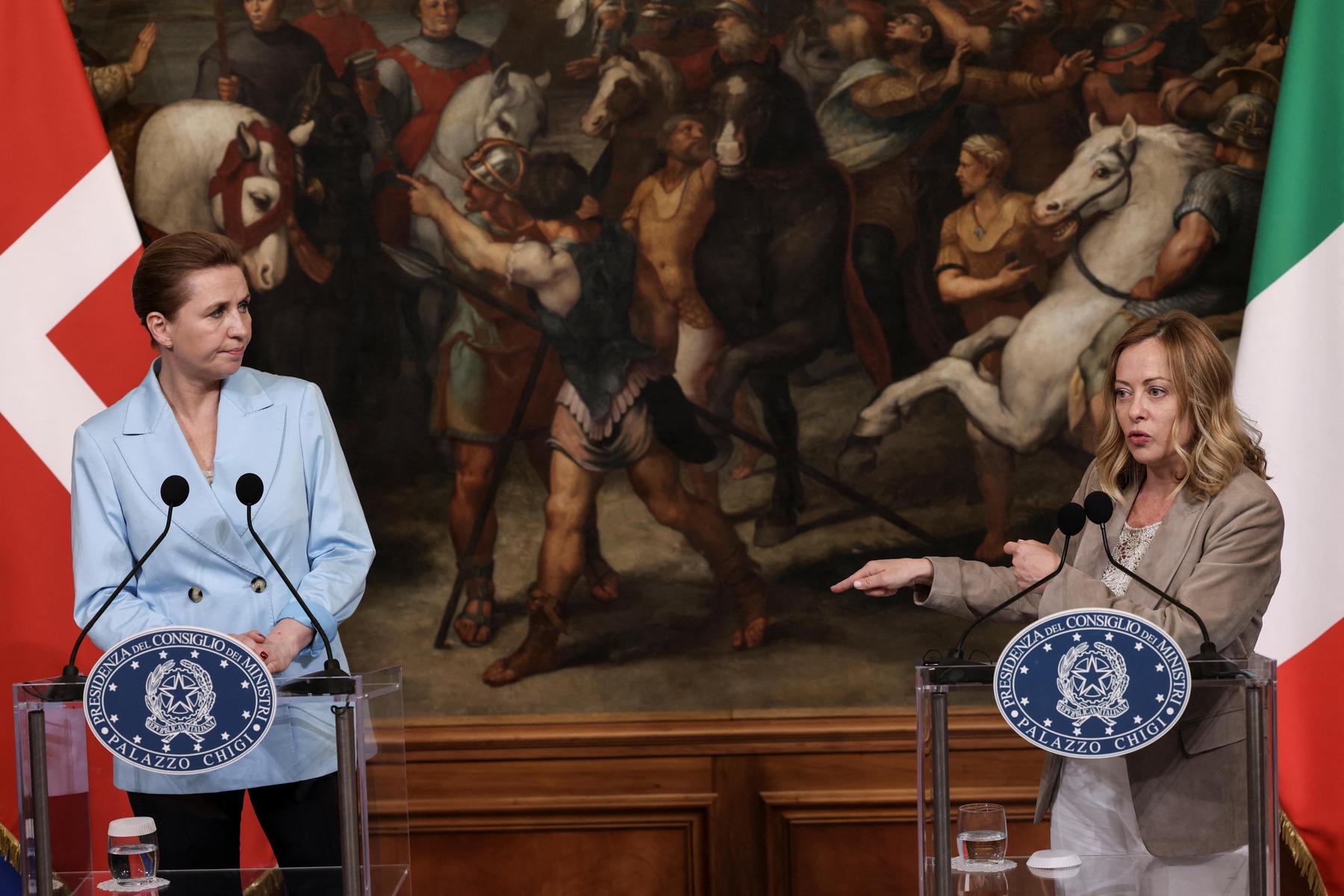Europe’s migration problem and the writing of the nine – diepresse.com

Nine top politicians raise allegations to the European Court of Human Rights – at least indirectly. A problematic matter.
On Thursday, May 22, 2025, a letter came to the public, that has been signed by nine leading European politicians. This letter has led to intensive discussions across Europe.
In fact, there are some explosive power, already from the topic. It is about the question of how Europe should effectively tackle the migration problem. The addressee of the letter is not clear; It is for the wider public that, on closer inspection, probably also intended for voters in the individual Member States (MS). Indirect addressee is the European Court of Human Rights (ECHR) and the – at least indirect – accusation that the ECHR has exceeded its powers in the field of migration judicature. Whereby that should be checked.
The undermined top politicians several times refer to the dangers of criminal migrants. In the end it remains unclear whether the ECHR should generally change its case law to migration or only with regard to criminal foreigners. Now the case law of the ECHR on asylum and migration is not very extensive anyway; If it is restricted to the context of the deportation of criminal migrants, the starting point would be even narrower.
Numerous open questions
The questions that arise in this context are numerous: Would such a reform of the European Convention on Human Rights (ECHR) (or interpretation for the ECHR) actually make a significant contribution to solving the migration question? Then in this context, the « soering case law » should no longer apply, which prohibits designation/delivery to a state in which an inhuman or humiliating treatment threatens? Would there be anything left of this, for the ECHR system, still fundamental case law?
A notice:
Guest comments and contributions from external authors like this here do not have to correspond to the opinion of the editorial team.
The signatories of this letter also criticize that the ECHR had interpreted the ECHR beyond what the consensus that was originally based on this document was. But that is the essence of understanding of the ECHR as a « living instrument » (Tyrer case law) that inspired the interpretation of human rights worldwide. That should no longer apply? Only for the migration area or beyond? Back to what year?
And if individual lawyers of this initiative immediately agree with the argument that they are for a high standard of fundamental rights, but if you commit serious crimes, it has « forfeited » it, the matter will definitely be problematic.
Regardless of all these content defects and disagreements, one has to ask how politicians from the contracting parties of the ECHR are added to set specifications for an independent international court on the interpretation of the ECHR. Not even all 46 contracting parties should do that together, let alone nine separately.
Reform urgently needed
At the same time, however, a reform of the ECHR system would be urgently needed-not in the sense of a restriction, but to make it functional. If 95 percent of the symptoms are no longer allowed, then we have a real problem in fundamental rights protection. As already shown elsewhereon this basis, the introduction of complaints to the ECHR is often considered hopeless. However, there is no important corrective for the case law of the national maximum courts, which is no longer subject to effective control. The migration problem is to be solved by the member states and the EU and not by attacking a weakening ECHR that requires a weakening, fundamentally in need of reform.
The author: Dr. Peter Hilpold (*1965) has been a professor of international, European and comparative public law at the University of Innsbruck since 2001.




/s3/static.nrc.nl/images/gn4/stripped/data132928093-2958e0.jpg)


